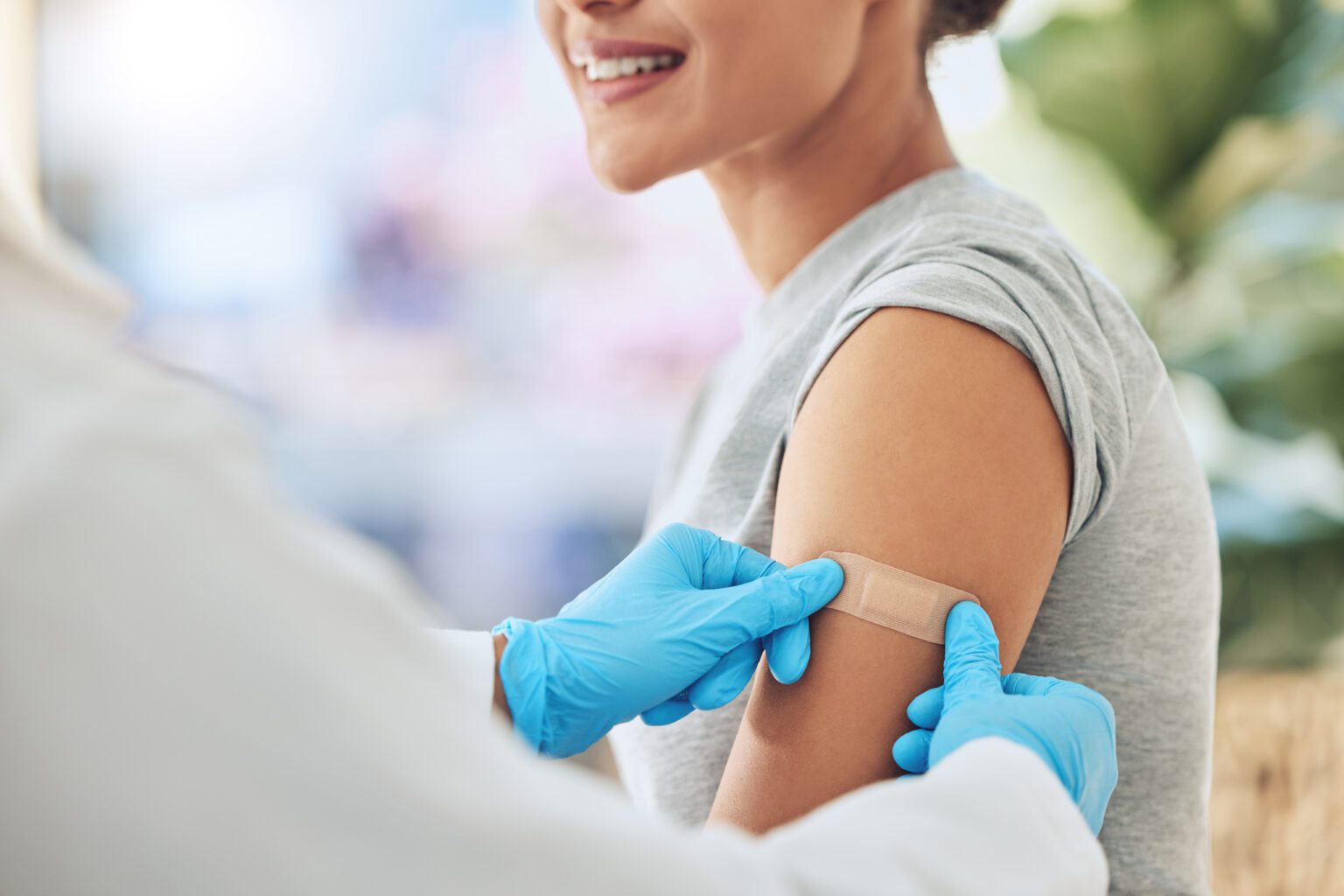Press Release: New Survey Highlights Importance of Pandemic Preparedness and Public Understanding of Vaccine Science

Washington, D.C., October 10, 2024— Champions for Vaccine Education, Equity and Progress (CVEEP) today released findings from the 2024 State of Infectious Disease Preparedness Survey. The survey reveals vital insights into the public’s perception of preparedness for future pandemics, underscoring the critical role of research and development (R&D), and vaccine accessibility, as well as the need for clear public understanding of vaccine science.
As the world faces increasing threats from infectious diseases, the findings highlight key areas that require urgent attention to ensure pandemic readiness and areas to support so that the public and health care providers feel adequately prepared for future public health threats.
Key findings include:
Strengthening access to vaccines and vaccine innovation is critical in preparing for the next pandemic
- A majority of consumers (83%) and pharmacists (93%) believe vaccines protect from future public health threats. Also, nearly all consumers (93%) and pharmacists (94%) believe it is important for the U.S. to prioritize vaccine development and distribution to prepare for future threats. The survey also found that readiness for the next pandemic cannot be achieved without collaboration and partnerships across sectors, with 90% of consumers and 94% of pharmacists agreeing that “no singular organization (public or private) can address future public health threats alone.”
Americans are looking for a better understanding of the science behind vaccines
- Another critical finding is the public’s desire for better information about vaccines and the science behind them. The survey shows that both consumers and pharmacists feel that strengthening public understanding of vaccines will be crucial in enhancing preparedness. About 90% of both groups agree that helping people grasp basic medical and scientific concepts related to infectious diseases will equip the public to handle future health crises. Additionally, 90% of consumers expressed a preference for having choices regarding the COVID-19 vaccines they receive.
“These survey results clearly show that strengthening research and development, along with ensuring equitable access to all available vaccines, is critical to our preparedness for the next pandemic,” said HealthyWomen President and CEO/CVEEP Co-convener Beth Battaglino. “Americans want a better understanding of the science behind vaccines and more control over their healthcare decisions. It’s essential to provide trusted information to empower individuals and build confidence in vaccines as a public health tool.”
Additionally, there is a strong correlation between the dissemination of accurate, clear, and credible information with vaccination status. For example, individuals who are unvaccinated for COVID-19 are more likely to say they do not have all the information they need to be prepared for the next infectious disease-related public health threat (45%), compared to vaccinated individuals (33%).
The survey also found that approximately three out of four consumers and pharmacists believe another global pandemic will occur within their lifetime, with 63% of consumers predicting it could happen in the next six years. At the same time, despite the need for clear communication, 42% of consumers and 37% of pharmacists expressed little to no trust in the information they receive about public health threats, particularly in rural areas where distrust is notably higher (50%).
Additional information about CVEEP, including resources on respiratory vaccines and treatments, are available here.
###
About Champions for Vaccine Education, Equity and Progress
Comprising more than 250 leading patient, provider and public health organizations, CVEEP launched in December 2020 to advance education and equity around COVID-19 vaccines. Today, CVEEP is committed to providing resources and raising awareness about the continued need for vaccination against infectious respiratory illnesses across the lifespan and the importance of treatments for those who are eligible. Support for the project has been provided by Johnson & Johnson, Moderna, Novartis, Novavax and Pfizer, Inc. Learn more at cveep.org and follow us on Facebook, Twitter, Instagram, and LinkedIn at @CVEEPSocial.
Methodology
The 2024 State of Infectious Disease Preparedness survey was conducted by Ipsos on behalf of Champions for Vaccine Education, Equity and Progress (CVEEP), with support from Novavax. The 15-minute online survey was fielded from April 19th to May 10th, 2024, and obtained interviews from 150 pharmacists and 1,482 general population adults (18+) in the United States.
The general population sample was balanced to be nationally representative according to age/generation, gender, education, income, region, urban/rural location, and race/ethnicity. An oversample was collected to ensure the survey reached at least 100 people in each of the following groups: low socioeconomic status (i.e., low education/income), rural location, immunocompromised, informal caregivers, elderly (i.e., ages 60+), parents of young children, and people of color. Pharmacists surveyed had to play a role in the adoption and/or administration of vaccines to qualify. Pharmacist demographics fell out naturally.
The credibility interval, a measure of precision used for online, nonprobability polls, is +/- 3.1 percentage points for the general population sample and +/- 9.8 percentage points for pharmacists.[1]
[1] For the majority of the survey, public health threats was defined as an outbreak of infectious disease that occurs across a specific geographical area or globally, such as chickenpox, tuberculosis, measles, whooping cough, Hepatitis B, meningitis, Tetanus, yellow fever, coronavirus/ COVID-19, the Flu, Respiratory Syncytial Virus (RSV), malaria, etc. For the purposes of analysis, COVID-19 vaccinated individuals were defined as those who have received all shots needed to be fully vaccinated, including two or more boosters. Unvaccinated individuals received just one shot and need one more to be considered fully vaccinated OR have received no shots.